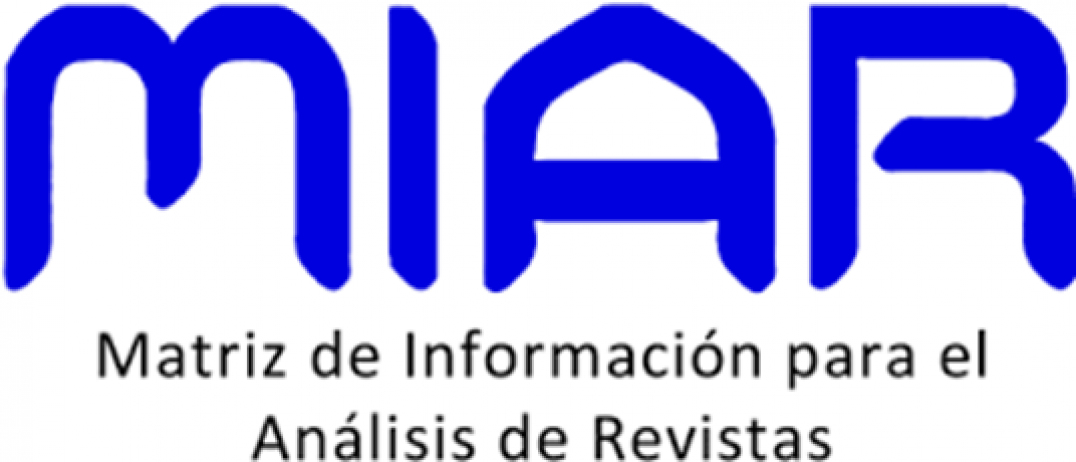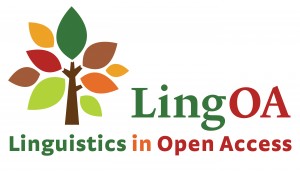Online Remote Teaching Challenges of Mexican English Teachers during the Covid-19 Pandemic
DOI:
https://doi.org/10.32870/vel.vi23.233Schlagworte:
Pandemia del COVID-19, resilencia, enseñanza en línea, desarrollo profesional y agotamientoAbstract
Resumen: La repentina emergencia de la enseñanza remota como consecuencia de pandemia COVID-19 creó una interrupción en la educación la cual obligó a los profesores de inglés a adaptar sus métodos de enseñanza en educación virtual. Por ello se realizó la siguiente investigación a distancia, a través de un cuestionario, usando métodos mixtos. Esta investigación tiene como objetivo dar a conocer cómo los participantes de diferentes niveles lingüísticos afrontaron la situación. El presente estudio se llevó a cabo a través de un cuestionario que se aplicó a 34 profesores de idiomas de las ciudades de Guadalajara, Guanajuato y San Luis Potosí en México. La recolección de datos estuvo compuesta por diez respuestas de los docentes antes mencionados dando como resultado un total de 340 respuestas al realizar el conteo durante esa étapa. Por ello, el objetivo principal de este artículo es brindar conocimientos e información acerca de cómo los docentes enfrentaron los desafíos durante la pandemia. En particular esta investigación informa cómo se sintieron los 34 docentes y demuestra que, a pesar de la incertidumbre, constantes retos, el trauma, la ansiedad y el estrés que los rodeaba, la mayoría de los docentes fueron perseverantes en la enseñanza y aprendizaje de sus alumnos durante la pandemia de COVID-19.
palabras clave: Pandemia del COVID-19, resilencia, enseñanza en línea, desarrollo profesional, agotamiento.
Downloads
Literaturhinweise
American Psychological Association. (2023, August 1), Resilience, https://dictionary.apa.org/
Babi?, M. (2021). Teachers' Perspectives on Emergency Remote English Language Teaching during the COVID-19 Pandemic (Doctoral dissertation, University of Rijeka. Faculty of Humanities and Social Sciences. Department of English Language and Literature).
Basilaia, G., & Kvavadze, D. (2020). Transition to Online Education in Schools during a SARS-CoV-2 Coronavirus (COVID-19) Pandemic in Georgia. Pedagogical Research, 5, Article No. em0060., https://doi.org/10.29333/pr/7937
Buendia, X. & Macias, D. (2019). The professional development of English language teachers in Colombia: a review of literature. Colombian Applied Linguistics Journal, 21 (1), 89-102. https://doi.org/10.14483/22487085.12966
Creswell, W. (2012). Educational Research: Planning, Conducting, and Evaluating Quantitative and Qualitative Research, 4th Ed., (pp. 36-212). Boston, MA: Pearson.
Cucinotta, D. & Vanelli M. ( 2020) WHO Declares COVID-19 a Pandemic. Acta Biomed. 2020 Mar 19;91(1):157-160. doi: 10.23750/abm.v91i1.9397. PMID: 32191675; PMCID: PMC7569573
Diaz. A. (2020). La escuela ausente, la necesidad de replantear su significado. En H. Casanova Cardiel (Coord.). In Educación y pandemia: Una visión académica (pp. 19–29). Ciudad de México: Universidad Nacional Autónoma de México, Instituto de Investigaciones sobre la Universidad y la Educación.
Gomez, V., et al. (2022). How much do we care about teacher burnout during the pandemic: A bibliometric review. International Journal of Environmental Research and Public Health, 19(12), 7134.
Garcia, J., Buenrostro, A., & Lopez, A. (2021). El internet en tiempos del SARS-Cov-2 (COVID-19) en México. CIENCIA ergo-sum, Revista Científica Multidisciplinaria de Prospectiva, 28(4). Retrieved from: DOI: https://doi.org/10.30878/ces.v28n4a3
Glickman, C., & Burns, R. W. (2021). Supervision and Teacher Wellness: An Essential Component for Improving Classroom Practice. Journal of Educational Supervision, 4 (1). https://doi.org/https://doi.org/ 10.31045/jes.4.1.3
Juarez, C., & Perales, M. (2021). Language teachers’ emergency remote teaching experiences during the COVID-19 confinement. Profile Issues in Teachers Professional Development, 23(2), pp.121-135.
INEGI. (2020). Comunicado de prensa No.103/20. Encuesta Nacional sobre Disponibilidad y Uso de las Tecnologías de la Información en los Hogares 2019. México
Izquierdo et al. (2021) the article of University language instructors’ preparedness for Technology Mediated Instruction and Burnout during the COVID-19 Pandemic.
Kumar, R. (2011). Research Methodology: A Step-by-Step Guide for Beginners (3rd Ed.). SAGE
Publications.
Mavridi, S. (2022). Language Teaching Experiences During Covid-19. British Council.
MacIntyre, P. Gregersen, T, & Mercer, T. (2020) Language teachers’ coping strategies during the Covid-19 conversion to online teaching: Correlation with stress wellbeing and negative emotions. Retrieved from:
https://doi.org/10.1016/j.system.2020.102352
Mendiola et (2020) Educational Challenges during The COVID-19 Pandemic: A Teacher’s Survey, Vol. 21, No. 3, Revista Digital Universitaria, Retrieved from: http://doi.org/10.22201/codeic.16076079e.2020.v21n3.a12
Mercer, S. & Gregersen, T. (2020) Teacher Wellbeing, Oxford University Press, United Kingdom
Moorhouse, B., & Kohnke, L. (2021). Responses of the English-Language-Teaching Community to the COVID-19 Pandemic. RELC Journal, 52(3), 359–378. https://doi.org/10.1177/00336882211053052
Muijs, D. (2004) Doing Quantitative Research in Education with SPSS. 2nd edition. London: SAGE Publications, p. 1
Murray, A. (2010). Empowering teachers through professional development. English teaching forum, 1 (1), 2-11
Powder, J. (2022, December 15) COVID -19 in 2022: A Year -End Wrap-Up, Retrieved from: https://publichealth.jhu.edu/2022/covid-year-in-review#:~:text=In%202022%2C%20COVID%2D19%20illness,a%20major%20wave%20of%20cases.
Richards, J. C. (2017). Teaching English through English: Proficiency, pedagogy and performance, RELC Journal, 48 (1), pp. 7-30, retrieved from: https://www.professorjackrichards.com/wp-content/uploads/Teaching-English-through-English.pdf
Serrano, L.A.S. (2022). A Resilience Path for English Teachers during Emergency Remote Teaching. Pedagogy: Journal of English Language Teaching, 10(1). 49-59 DOI 10.32332/joelt.v10i1.4603Survey Monkey (1999-2023) What is a Likert Scale, retrieved from: http://www.surveymonkey.com
The American Institute of Stress (2017) What is stress? Retrieved April 8, 2023. [Blog], Retrieved from: https://www.stress.org/what-is-stress
World Health Organization (5 May, 2022) 14.9 million excess death associated with the COVID-19 pandemic in 2020 and 2021, Retrieved from: https://www.who.int/news/item/05-05-2022-14.9-million-excess-deaths-were-associated-with-the-covid-19-pandemic-in-2020-and-2021

Downloads
Veröffentlicht
Versionen
- 2024-08-23 (2)
- 2024-03-08 (1)












